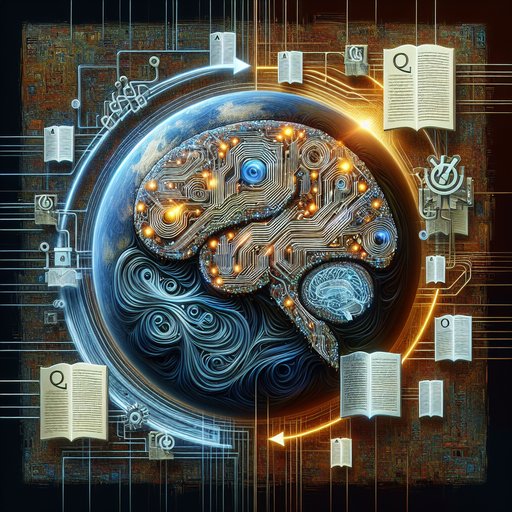 As artificial intelligence (AI) hurtles beyond the bounds of prediction, the complex web of its ethical implications and the policies governing its use evolves in tandem. A discipline once confined to speculative science fiction becomes an essential branch of global law and regulation. This exploration delves into the genesis of AI ethics and regulations and philosophically speculates on the future implications of this technological behemoth.
As artificial intelligence (AI) hurtles beyond the bounds of prediction, the complex web of its ethical implications and the policies governing its use evolves in tandem. A discipline once confined to speculative science fiction becomes an essential branch of global law and regulation. This exploration delves into the genesis of AI ethics and regulations and philosophically speculates on the future implications of this technological behemoth.
Artificial Intelligence, born from the womb of Alan Turing’s concept of 'machinery and intelligence’ in 1950, has grown exponentially in the seven decades since its inception. The early ethical question centered around the use of AI in warfare during the Cold War period. Even then, it became clear that the reach of AI would need strategic containment, a sentiment echoed through each transformative stage this technology has since undergone. The issue of ethics took a leap forward with the advent of machine learning in the late 20th century, and the realization that these systems could 'learn' from their experiences.
Questions around the manipulation, bias and transparency of these quasi-autonomous systems started to surface. These concerns grew darker as the turn of the century saw AI systems harness enormous databases, and manipulations of these databases potentially upset the fabric of democracies, as evidenced by the Cambridge Analytica incident. On the brighter side, AI capabilities grew with unprecedented speed, improving healthcare with machine-assisted diagnoses, optimizing urban infrastructures, and even recreating the human voice as with Google's Duplex. In this day and age, we stand at the precipice of AI transforming beyond data-crunching or optimization tools to potential agents of consciousness, further complicating the ethical landscape with considerations like robo-rights and AI personhood.
The challenge ahead is to orchestrate a harmonious global symphony of AI regulation that safeguards human dignity and rights, while not curtailing innovation and progress. The stakes are high and the margin for error is thinning. Towards the future, it’s incumbent upon global law-makers, computer scientists, sociologists, and philosophers alike to collaboratively ensure a symbiotic coexistence of AI and humanity. Guidelines like EU’s draft AI regulation are promising steps.
The resolution of this grand narrative of policy, ethics, and AI hangs in the balance, unwritten yet deeply influential on the trajectory of the human race. As AI integrates itself ever more deeply into the fabric of our society, rewriting the rulebook might just become the most indispensable activity of our age.












































